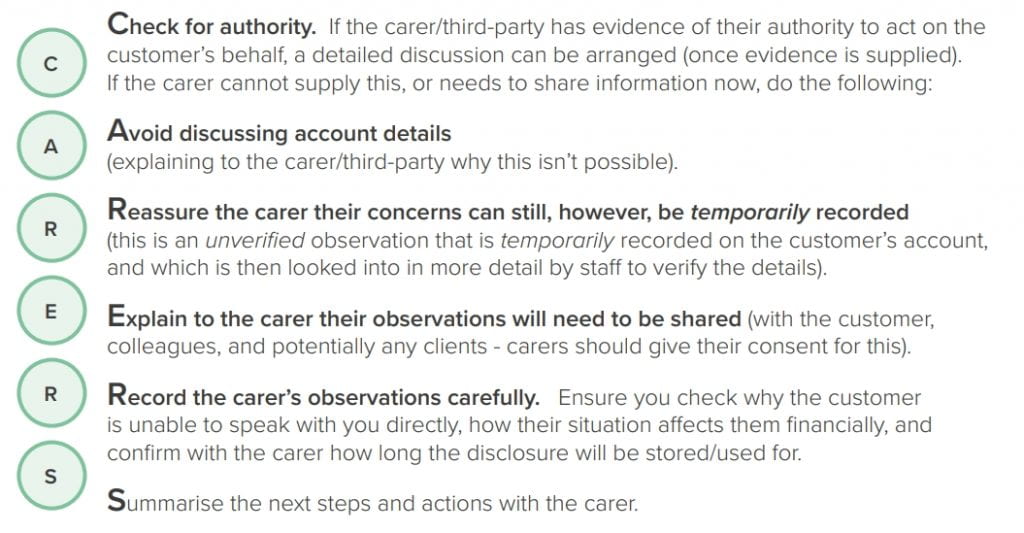By Katie Cross
It’s Talk Money Week, a fantastic initiative to encourage people to open up about their financial worries. There are many reasons why people don’t like to talk about money but one reason revolves around shame and the concern people have about being judged. This is very relevant when it comes to gambling disorder, sometimes called the ‘hidden’ or ‘invisible’ addiction.
People with gambling disorder don’t present with physical symptoms in the same way as drug or alcohol addiction which can make them difficult to detect. The perceived stigma associated with gambling disorder can lead people to feel ashamed, which may result in them hiding their gambling in order to avoid being judged, and refrain from seeking help or treatment.
It is reported that only 2 in 10 people experiencing harms arising from gambling (17%) sought treatment over the last year, rising to 54% for ‘problem gamblers’. This means that 83% of those experiencing some level of harm from gambling, and around half of ‘problem gamblers’, aren’t seeking support, of which 11% and 27% respectively reported ‘stigma and shame’ as a reason for not doing so. Moreover, this stigma and shame can actually lead to an increase in gambling activity, as gamblers might try to win back the money before a loved one finds out, or gamble more as a way of escaping painful emotions. Therefore, addressing stigma is vital if we want to reduce harm and encourage more people to seek help.
Talking to a loved one about gambling disorder can provide the encouragement needed, with 1 in 5 ‘problem gamblers’ saying this would motivate them to seek support. Although potentially a difficult conversation to initiate, it could make a big difference. The Money and Pensions Service guides offer advice on how to start a conversation about money with a loved one. Not everyone has someone to talk to though, and there are also some great podcasts out there from people with lived experience of gambling harms that aim to offer support to those affected and further our understanding of this complex issue.
In addition, we believe there is a strong rationale for the financial services industry to play a greater role in reducing gambling harms. One obvious way to do this is responsible lending. In addition, having access to transaction data puts financial services firms in a unique position to spot early warning signs of gambling disorder. They have the opportunity to reach out to customers, for example by offering budgeting tools, ATM withdrawal limits, spending limits or bank card gambling blocks, all of which might go some way to reducing gambling harms.
Information and help for people with gambling disorder:
- National Gambling Helpline and Livechat
- NHS Help With Problem Gambling
- Citizens Advice ‘Get Help With Gambling Problems’
Information and help for people affected by someone else’s gambling:
- GamCare offers support and information for partners, friends and family
- GamAnon runs local support groups for people affected by someone else’s gambling
- GamFam helps families recognise the early warning signs and how to prevent addiction
- Gamily provides online support for families of gambling addicts


